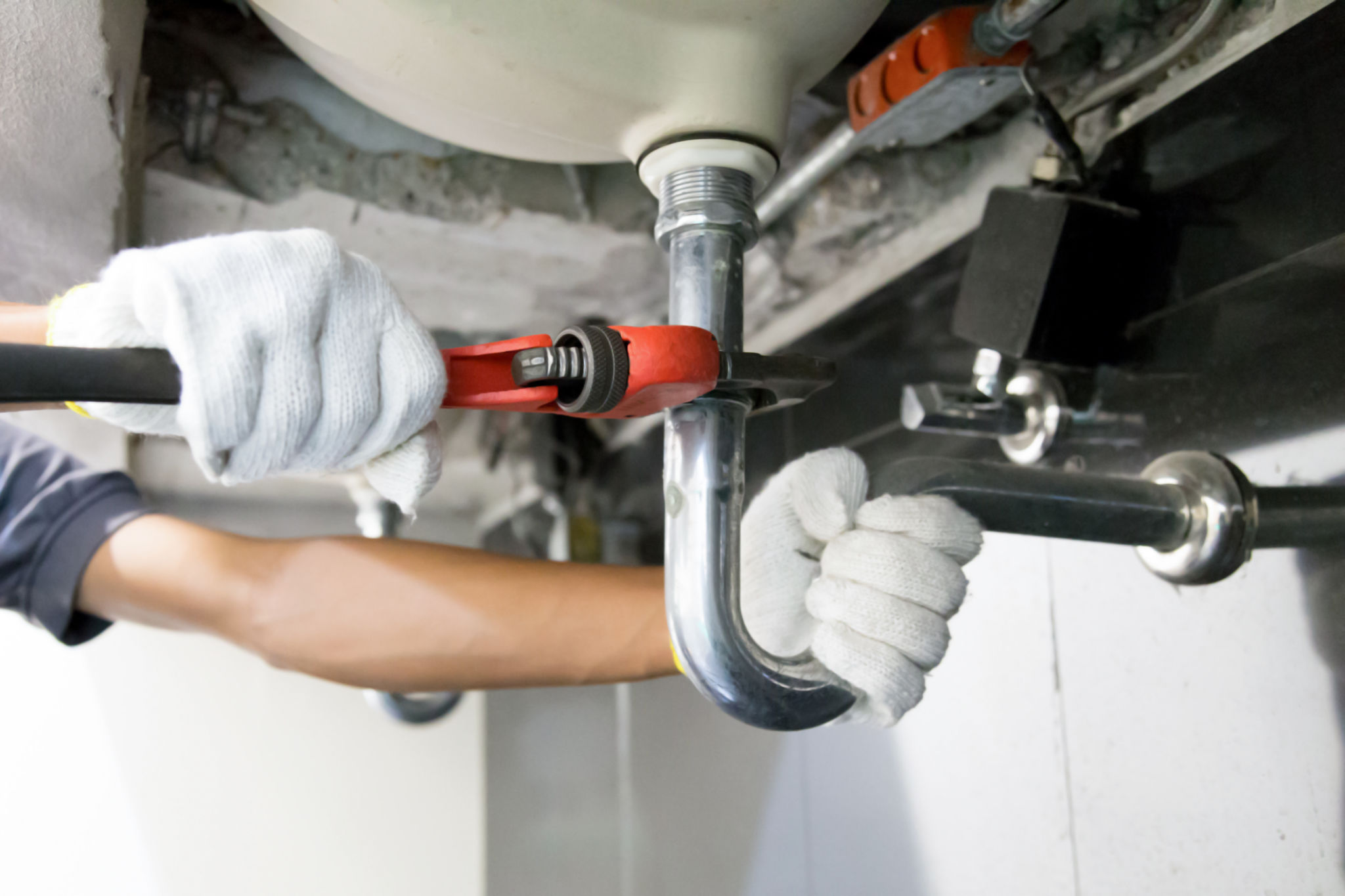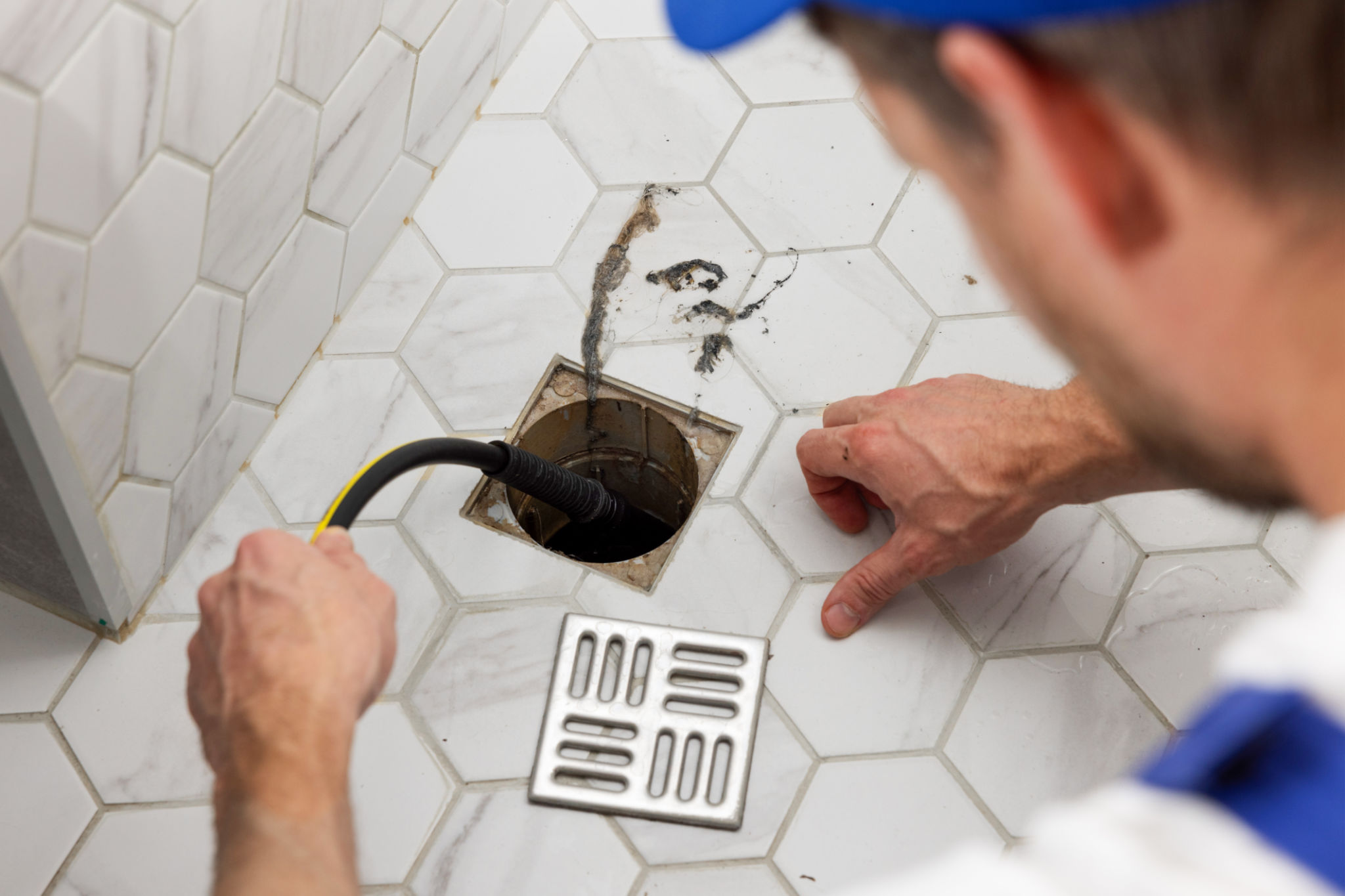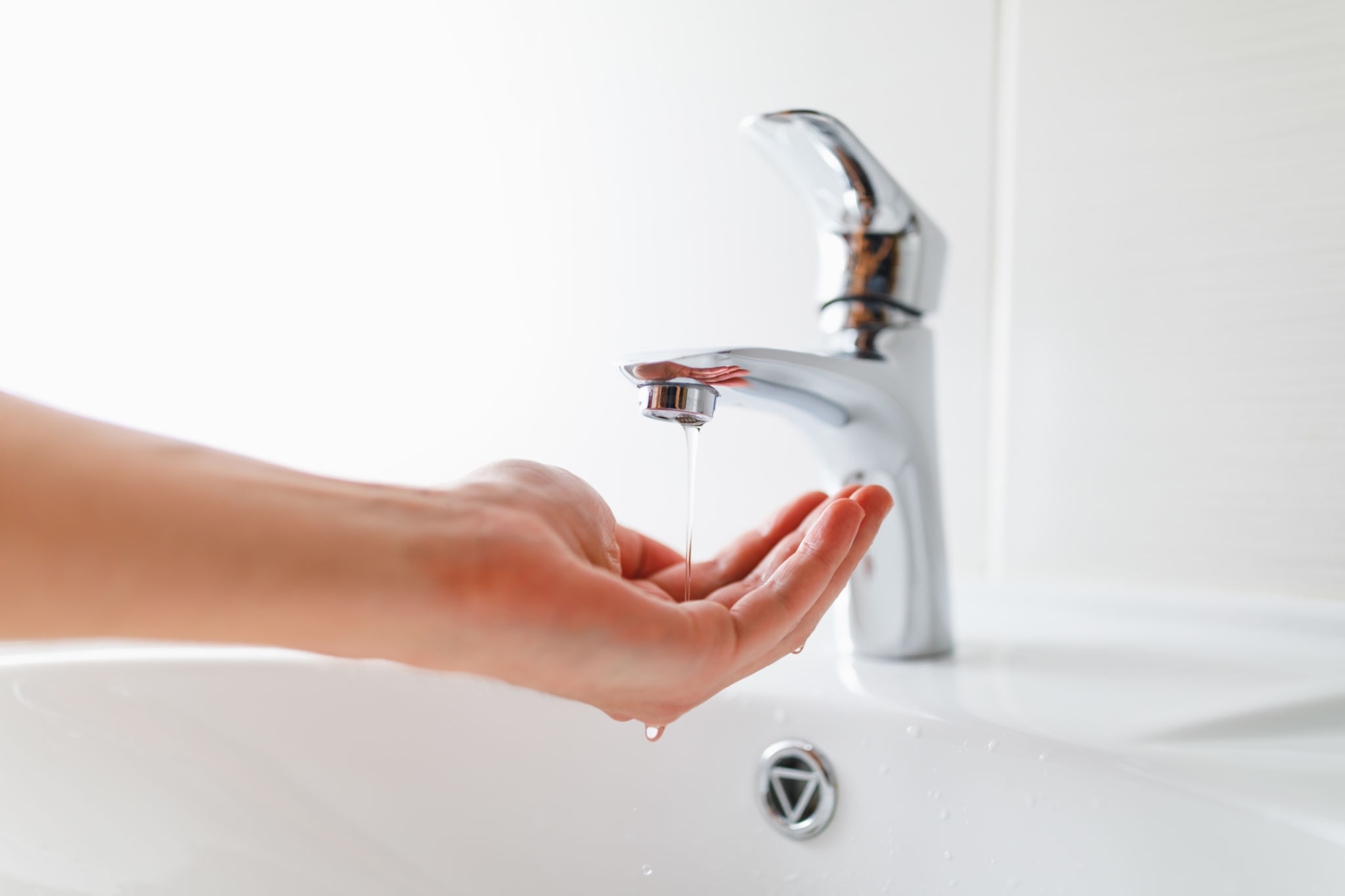DIY Plumbing Tips: Quick Fixes for Common Household Issues
Understanding the Basics of DIY Plumbing
Plumbing issues can often seem daunting, but with a little know-how, many common problems can be resolved quickly and efficiently. Whether it's a leaky faucet or a clogged drain, these DIY plumbing tips can save you both time and money. Before you start, ensure you have a basic toolkit ready, including a wrench, plunger, and plumber's tape.

Fixing a Leaky Faucet
A leaky faucet is not just annoying; it can also lead to increased water bills. To fix it, first turn off the water supply. Then, use a wrench to remove the faucet handle and gently take out the cartridge. Check for any worn-out parts, such as washers or O-rings, and replace them if necessary. Reassemble the faucet, turn the water back on, and check if the leak has stopped.
Unclogging a Drain
Clogged drains are a common issue in many households. A simple method to tackle this is with a mixture of baking soda and vinegar. Pour half a cup of baking soda followed by half a cup of vinegar down the drain. Let it sit for about 15 minutes before flushing it with hot water. This natural solution can often clear minor blockages without harsh chemicals.

Dealing with Running Toilets
A running toilet can waste gallons of water each day. The most common culprit is a faulty flapper. To fix this, remove the tank lid and check the flapper for any signs of damage or mineral buildup. If it's worn out, replace it with a new one from your local hardware store. Ensure the chain is properly adjusted so the flapper seats correctly after each flush.
Addressing Low Water Pressure
Low water pressure can make everyday tasks frustrating. Often, it's caused by mineral buildup in the aerator of faucets or showerheads. To clean them, unscrew the aerator or showerhead and soak them in vinegar overnight to dissolve any deposits. Rinse thoroughly and reattach them to restore water flow.

Preventative Measures for Future Plumbing Issues
Prevention is always better than cure. Regular maintenance can help avoid many plumbing problems. Here are some tips:
- Inspect pipes regularly for leaks or rust.
- Avoid pouring grease down the drain as it can solidify and cause blockages.
- Use strainers in sinks and showers to catch hair and debris.
By following these simple DIY plumbing tips, you can tackle common household issues without the need for professional help. However, if you encounter a problem beyond your expertise, it's always wise to consult a licensed plumber.